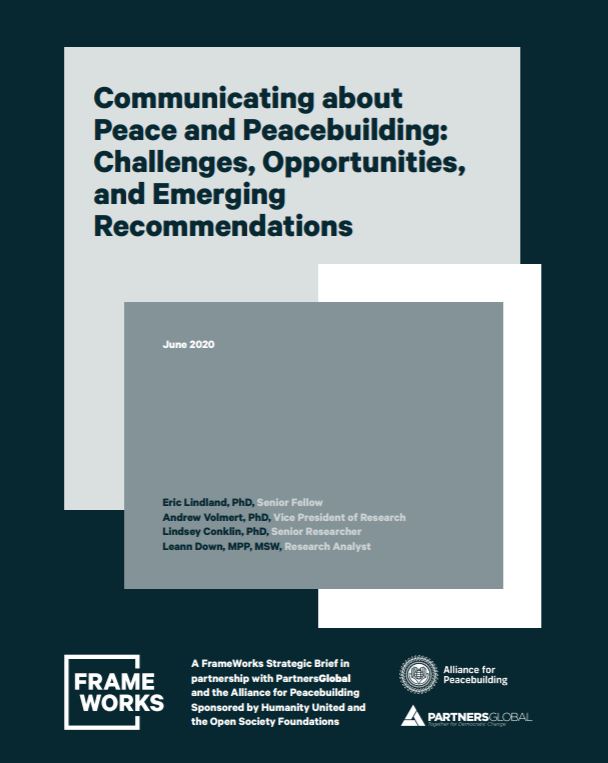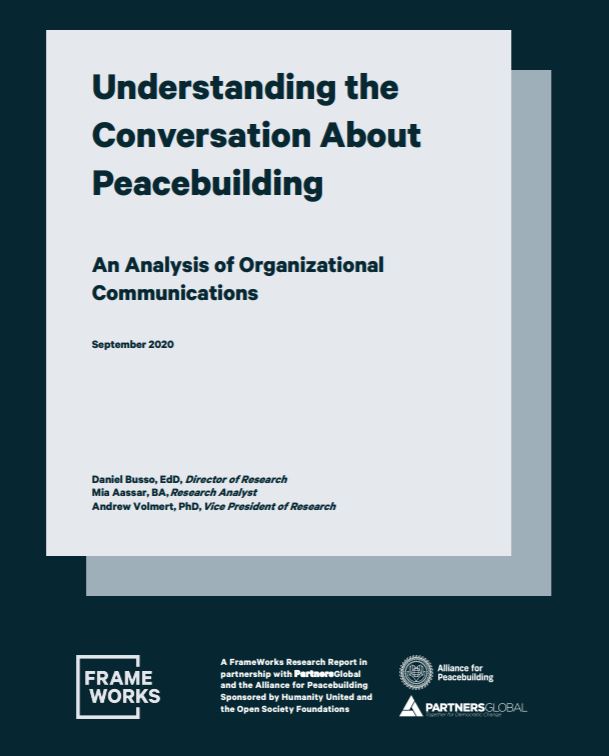The global events of the past three years have fundamentally altered the nonprofit space. At a time when trust in institutions, leaders, and systems is at an all time low, the need for strong communities and civil society is great. As a result, PartnersGlobal has adapted all aspects of how we work and how we think about our role as a peacebuilding organization based in the US and with programs around the world. It’s also reminded us about our why – to contribute to resilient communities and civic spaces to bring about more peaceful, secure, and accountable societies.
Below is our 2021-2022 Resiliency Report, which is a snapshot of the different impacts and outcomes from our collective efforts during the period of January 2021 through June 2022. To download the report, click here. Thank you for accompanying us on this journey.
Resiliency_Report_2022_Final

